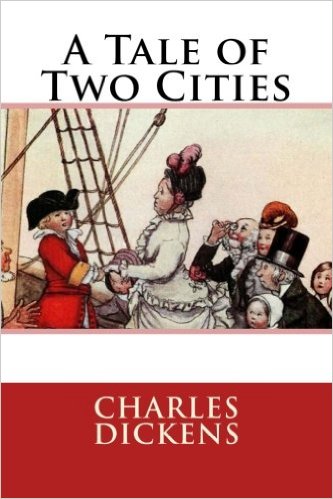 Quotes from A Tale of Two Cities
Quotes from A Tale of Two Cities
A Tale of Two Cities is the twelfth novel by Charles Dickens. The book was published in weekly installments in All the Year Round. The first chapters of the book were published in April of 1859. The last chapter was printed in November of that same year.
The book deals with the French revolution. It’s one of the two historical novels by Dickens. Barnaby Rudge is the other.
The idea for the novel came from a production of The Frozen Deep. In 1857 Dickens acted in the play and portrayed the character of Richard Wardour. (Dickens was interested in the stage and sometimes performed in amateur productions.) In the play Wardour decides that he’s going to kill Frank Aldersley because Frank stole his true love, Clara Burnham. Instead Wardour saves Aldersley’s life at the cost of his own. Wardour dies in Clara’s arms and earns her eternal gratitude for saving the life of the man that she loves.
In addition to giving Dickens the idea for A Tale of Two Cites, the play brought about lasting changes to Dickens’s life. Professional actresses were hired to act in a benefit production of The Frozen Deep. One of them was Ellen Ternan. She became Dickens’s mistress. Their affair lasted until Dickens’s death in 1870.
Learn More about A Tale of Two Cities
- Quotes from A Tale of Two Cities by Charles Dickens
- A Tale of Two Cities information from our partner site, Charles Dickens Info
- Who’s Who in A Take of Two Cities from our partner site, Charles Dickens Info
- Get the book at Amazon – A Tale of Two Cities
- Get the 1980 movie version of A Tale of Two Cities
It was the best of times, it was the worst of times, it was the age of wisdom, it was the age of foolishness, it was the epoch of belief, it was the epoch of incredulity, it was the season of light, it was the season of darkness, it was the spring of hope, it was the winter of despair, we had everything before us, we had nothing before us, we were all going direct to heaven, we were all going direct the other way–in short, the period was so far like the present period, that some of its noisiest authorities insisted on its being received, for good or for evil, in the superlative degree of comparison only. ~ A Tale of Two Cities by Charles Dickens

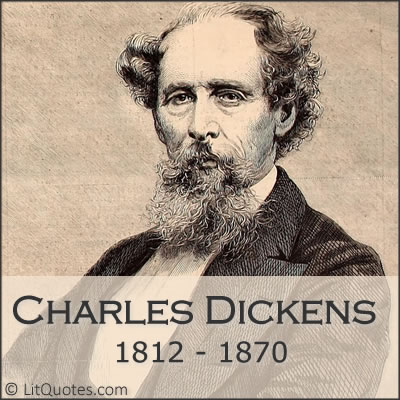
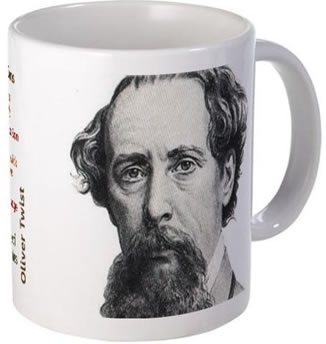
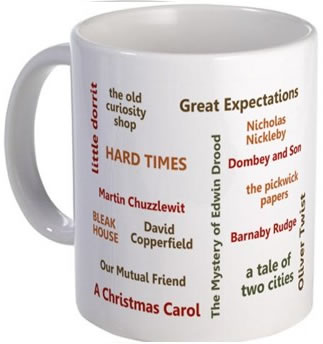

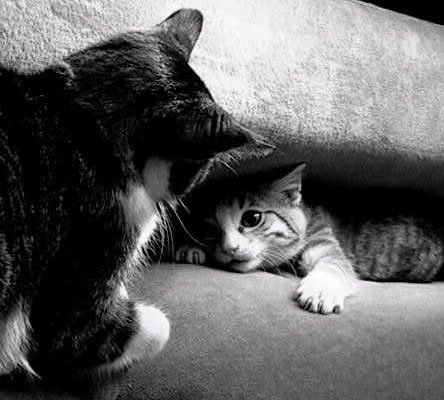
 Today marks the 201st anniversary of the birth of Charles Dickens. To mark the event I thought I’d share 10 of my favorite Dickens quotes:
Today marks the 201st anniversary of the birth of Charles Dickens. To mark the event I thought I’d share 10 of my favorite Dickens quotes: